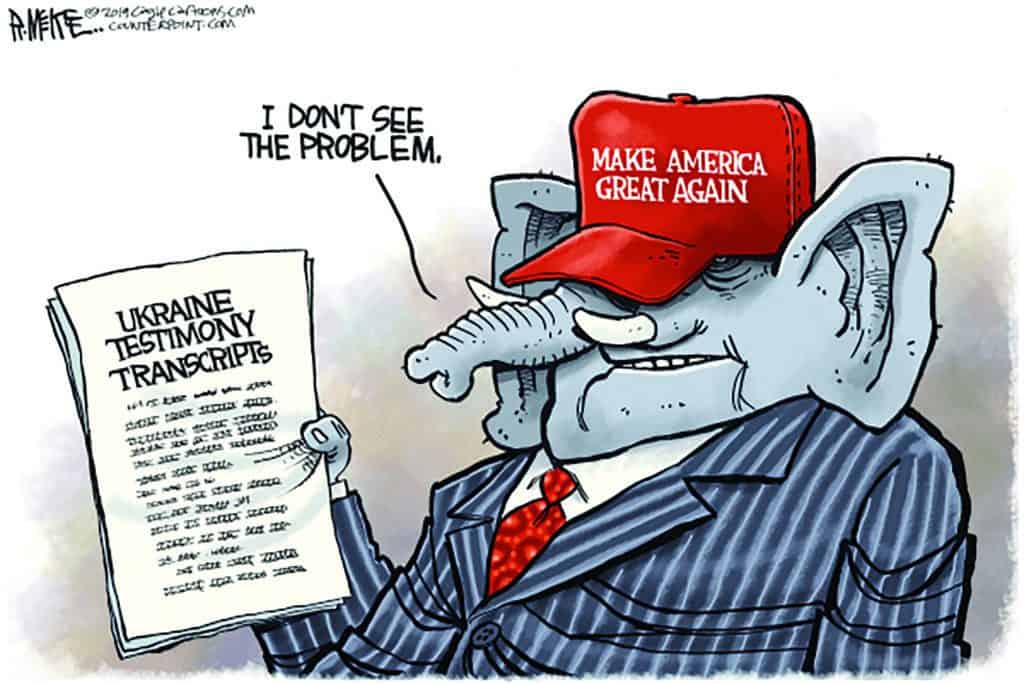
By Jay Diaz
“The liberties of a people never were, nor ever will be, secure when the transactions of their rulers may be concealed from them,” said Patrick Henry.
The Vermont Supreme Court recently affirmed that government officials cannot require Vermonters to pay fees to inspect public records, a common practice that has hindered government oversight at great cost to our communities. The Court’s decision in Doyle v. Burlington Police Department reinforced the principle, enshrined in Vermont’s constitution and laws, that government transparency and accountability are vital to a democratic society.
Despite the Court’s ruling, it seems that Vermont government still has a transparency problem. Following the decision, officials in state and local government are already calling for legislation to roll back the Court’s decision, and Vermont Attorney General T.J. Donovan has created a new rule imposing fees on anyone who photographs records they are inspecting.
These officials argue that responding to record requests is a diversion from their “mission,” and requestors should pay an additional fee for government employee time spent responding to record requests.
This response reflects a fundamental misunderstanding of the role of government and how democracy is supposed to work. Facilitating access to government records does not divert from our government’s work, it is our government’s work. As the Founders knew, only an open government is an accountable government – providing access to public records is a part of the government’s job because it enables the people to engage in self-governance and prevents our democracy from withering.
Without open access to public information, we cannot ensure our government is accountable for malfeasance, corruption, or violations of our rights. As we have seen, those are costs than can far exceed the minor expense of complying with a public records request.
Just last month, the video at the center of the Doyle case was released by VTDigger. It shows police arresting children in order to “send a message” while threatening others with pepper spray. It is another depiction of law enforcement unnecessarily criminalizing black and brown children engaged in common childhood behavior. Countless other videos and documents showing potential civil rights violations have been released in just the last few years. But, too often, exorbitant fees have prevented members of the press, accountability organizations, and individual Vermonters from uncovering records like these – delaying or denying a public reckoning and making necessary reforms much less likely. Records like these should not remain concealed behind a paywall.
Government officials may well prefer to avoid the inconvenience or embarrassment of disclosure, but that too is beside the point—these are the public’s records. They belong to each and every Vermonter in the same way that our local parks do. We pay for them collectively and open them to all who individually choose to access them. Charging additional fees to view a government record or use one’s personal device to make a copy is essentially taxing twice.
Vermonters are rightly proud of our tradition of direct democracy, and yet because our laws are so antiquated, the Center for Public Integrity gives Vermont an “F” grade in access to public records. The Doyle case is a step in the right direction, but we still have much work to do.
The ACLU of Vermont and our supporters disagree with any public official who would seek to further impede public access to public records. Vermonters will be watching closely this coming legislative session to see if our lawmakers uphold the core Vermont value of open access to government, and we will work to ensure our records remain, as the Public Records Act says, “free and open.”
Jay Diaz is a staff attorney for the American Civil Liberties Union of Vermont and argued the Doyle case before the Vermont Supreme Court.




